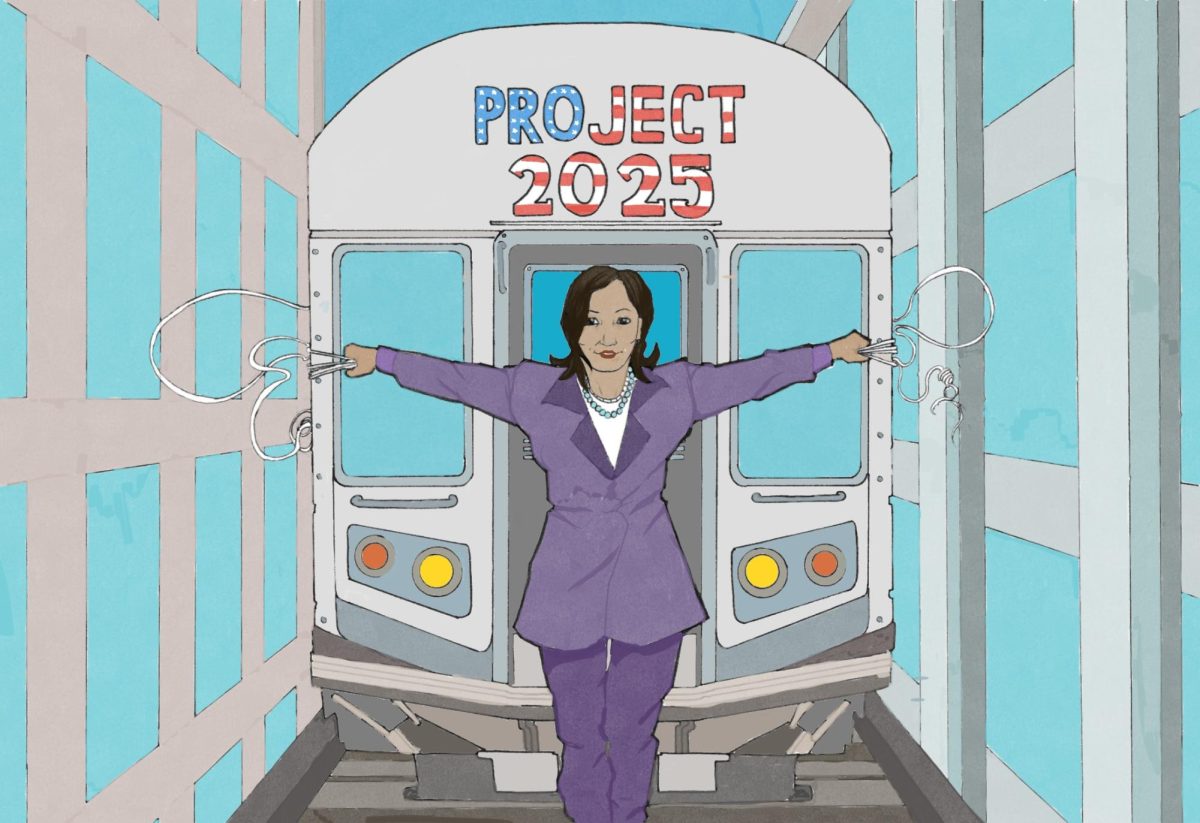It is time to take responsibility and admit that video games do not influence our culture, but are influenced by it.
While it may be true that video games have a high level of violence, these accusations fail to address the problems in our society.
Since the recent school shooting in Connecticut, there has been a lot of discussion about how we could have prevented it and what we should do in the future.
Many topics have come to forefront of national discussion such as gun control, mental health and the amount of violence in our culture.
One major topic has been the amount of violence in video games and the effect they have on our youth.
While many games are violent, it’s insulting to the millions of people across the country, many of which are moms, dads, and grandparents who have never hurt anyone in their lives.
It seems that many are more concerned with leading a witch hunt rather than look for real answers to avoid these kinds of events in the future.
The Executive Vice President of the National Rifle Association, Wayne LaPierre has come out publicly and declared that the video game industry was “a callous, corrupt and corrupting shadow industry that sells and stows violence against its own people.”
In Melrose, Mass., the mayor has launched a program that would allow families to turn in video games for coupons to local businesses or “get out of homework free” coupons.
The mayor of Melrose, Robert Dolan came up with the program after the recent school shooting and hopes to start collecting games on Feb. 1.
The Massachusetts Department of Transportation has even started to remove shooting games from public rest stops.
Even though young children should not be exposed to violent games, this only punishes adults by taking away their choice to decide if they want to play a game or not.
We can’t protect kids by treating adults like they are kids.
Last November, the game “Call of Duty: Black Ops 2” sold over 11 million copies, making $1 billion in 15 days.
Obviously there is a market out there for these types of games, and video game companies are fulfilling it.
So why are we blaming the video game industry for simply giving customers what they want?
Blaming violence on video games also falls short when we think back over thousands of years of human history full of violence and war.
If video games are to blame now, who do we blame for all those years?
Just like blaming Elvis and Rock and Roll for the downfall of America’s morals, attacking video games is a way to avoid the hard topics and look for the easy fix.
While we shouldn’t ban violence in video games, we should examine how often it’s used and limit it to certain audiences. Parents must play a part in supervising what games their children play.
We need to let our politicians know that we will not take the blame for society’s problems. We can let them know how we feel by contacting our congressmen and women, or voting for politicians who speak for us and want real change.
Using video games as a scapegoat does nothing to address our real problems and only deflects blame away from ourselves.









